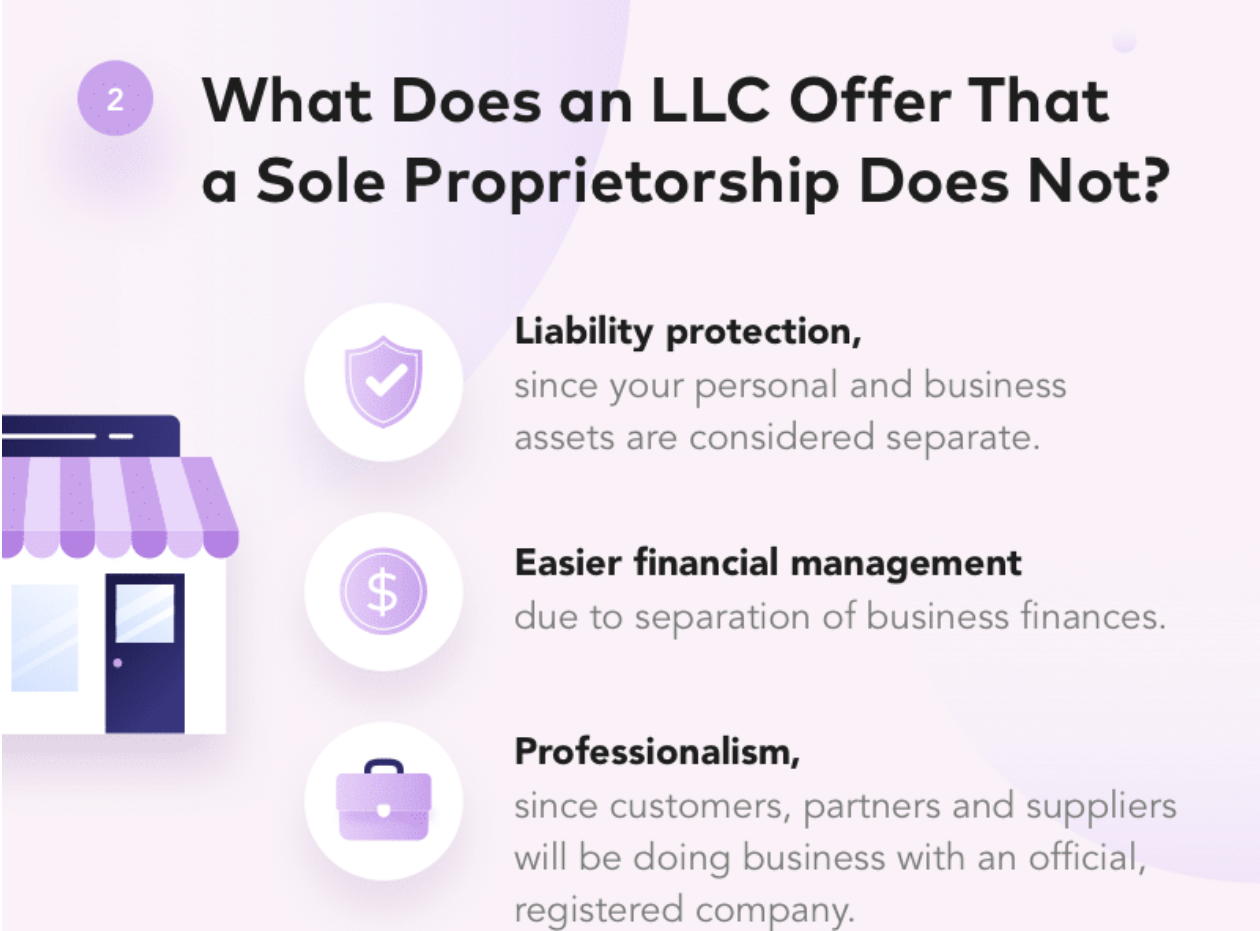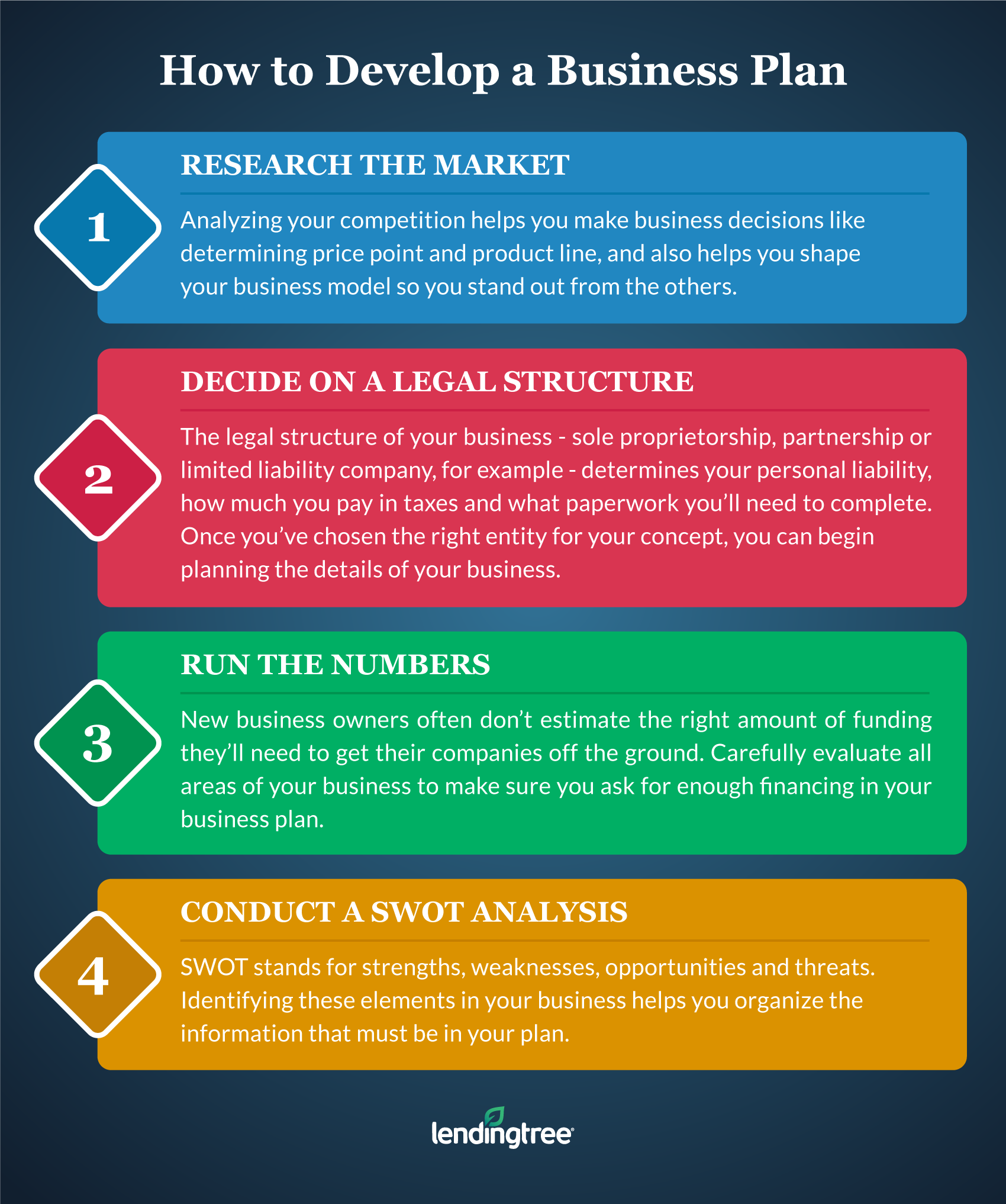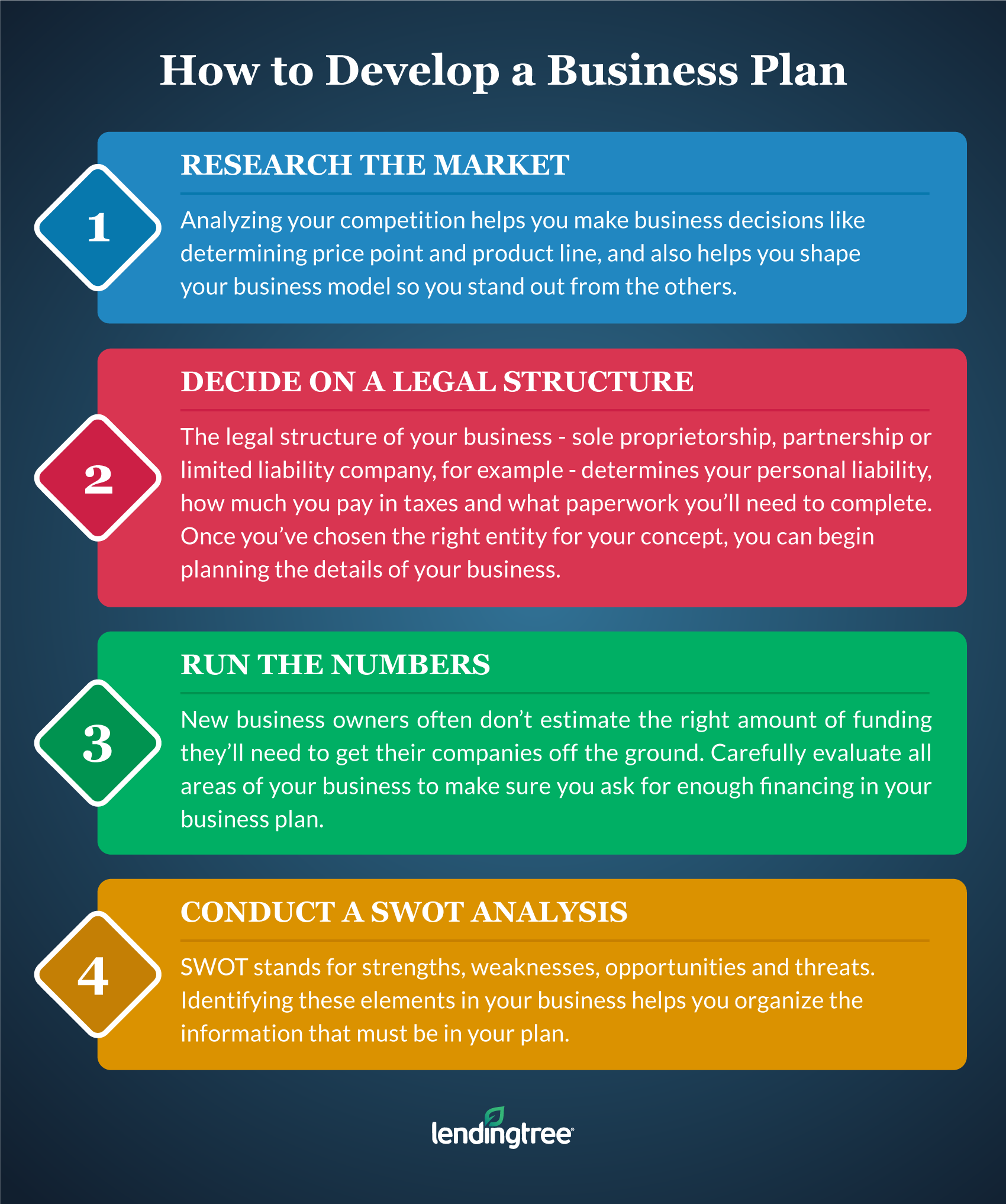
The Ultimate Guide to Choosing Your Business Structure: LLC vs. Sole Proprietorship vs. Corporation
Starting a business is an exciting journey, filled with dreams of innovation, growth, and success. But before you launch your amazing product or service, there’s a crucial decision to make that will impact everything from your personal liability to your tax obligations: choosing the right business structure.
It might sound intimidating, but don’t worry! This comprehensive guide will break down the most common business structures – Sole Proprietorship, LLC, and Corporation – into easy-to-understand terms. We’ll explore their pros and cons, helping you make an informed decision for your new venture.
Why Does Your Business Structure Matter So Much?
Your business structure isn’t just a fancy name on a piece of paper; it defines the legal and tax characteristics of your company. It impacts:
- Personal Liability: How much of your personal assets (house, savings, car) are at risk if your business faces debts or lawsuits.
- Taxation: How your business income is reported and taxed by the IRS.
- Administrative Burden: The amount of paperwork, compliance, and ongoing legal requirements.
- Credibility & Funding: How easy it is to attract investors or secure loans.
- Future Growth: How easily you can scale, add partners, or sell your business.
Let’s dive into the options!
1. The Sole Proprietorship: Simple & Straightforward
Imagine you’re a freelance graphic designer, a local dog walker, or a craftsperson selling handmade goods. If you simply start operating without registering a formal business entity, you’re likely running a sole proprietorship by default.
What is it?
A Sole Proprietorship is the simplest and most common business structure for single-owner businesses. There’s no legal separation between you and your business. From a legal and tax perspective, you are the business.
Pros:
- Easy to Form: It’s often automatic. You don’t need to file any special paperwork with the state to establish it (though you might need local licenses or permits).
- Low Cost: Minimal startup costs compared to other structures.
- Complete Control: You make all the decisions.
- Simple Taxes: Business income and expenses are reported on your personal tax return (Form 1040, Schedule C). This is known as "pass-through taxation" because profits "pass through" to your personal income without being taxed at the business level first.
Cons:
- Unlimited Personal Liability: This is the biggest drawback. If your business incurs debt, faces a lawsuit, or goes bankrupt, your personal assets (your home, car, savings) are at risk. There’s no legal shield between you and the business.
- Limited Funding Options: It can be harder to raise capital from investors or get large business loans without a more formal structure.
- Less Credibility: Some clients or partners might prefer to work with more formally structured businesses.
- Difficult to Transfer: Selling or transferring the business can be complicated since it’s tied directly to you.
Who is it good for?
- Low-risk businesses: Where the chance of lawsuits or significant debt is minimal (e.g., freelance writing, tutoring, consulting with low overhead).
- Side hustles or hobbies: That are just starting to generate income.
- Individuals testing a business idea: Before committing to a more complex structure.
2. The Limited Liability Company (LLC): The Popular Hybrid
The LLC is a relatively newer business structure that has become incredibly popular, especially among small business owners. It’s often described as a "hybrid" because it combines the liability protection of a corporation with the tax simplicity of a sole proprietorship (or partnership).
What is it?
An LLC is a separate legal entity from its owners. This means it can own assets, incur debts, and enter contracts independently. It provides a "protective shield" between your personal assets and your business liabilities.
Pros:
- Limited Personal Liability: This is its main selling point. Your personal assets are generally protected from business debts and lawsuits. If the business gets sued, typically only the business’s assets are at risk, not yours.
- Flexible Taxation:
- Single-member LLCs: By default, taxed like a Sole Proprietorship (pass-through).
- Multi-member LLCs: By default, taxed like a Partnership (pass-through).
- Option to be taxed as a Corporation: You can elect for your LLC to be taxed as an S-Corporation or C-Corporation, which can offer tax advantages in certain scenarios (e.g., self-employment tax savings for profitable businesses).
- Less Administrative Burden: Generally requires less ongoing paperwork and compliance than a corporation.
- Enhanced Credibility: An LLC often sounds more professional and established than a sole proprietorship.
- Flexibility in Management: Can be managed by its members (owners) or by appointed managers.
Cons:
- More Complex to Form: Requires filing "Articles of Organization" with your state and paying a filing fee. You’ll also need an Operating Agreement (even for single-member LLCs) to define ownership and operating procedures.
- State-Specific Requirements: Rules and fees for LLCs vary significantly from state to state (e.g., some states have annual fees, others don’t).
- Not Ideal for Venture Capital: While good for small businesses, venture capitalists and large investors often prefer C-Corporations due to their standardized structure for equity and shares.
- Self-Employment Taxes: While pass-through, owners of an LLC are typically considered self-employed and must pay self-employment taxes (Social Security and Medicare) on all their business profits.
Who is it good for?
- Most small businesses: From online retailers and consultants to small manufacturing firms.
- Businesses with moderate to high risk: Where personal liability protection is crucial.
- Businesses planning to grow: That might add partners in the future.
- Single entrepreneurs: Who want liability protection without the complexity of a corporation.
3. The Corporation (C-Corp & S-Corp): The Formal Structure
Corporations are the most formal and complex business structures. They are distinct legal entities entirely separate from their owners (shareholders). This separation provides the strongest liability protection.
What is it?
A corporation is a legal entity that exists independently of its owners. It can enter contracts, own property, and be sued, all in its own name. Ownership is divided into shares of stock.
3a. The C-Corporation (C-Corp)
The C-Corp is the default corporation type, meaning if you simply "incorporate" without making a special election, you’re usually forming a C-Corp.
Pros:
- Strongest Personal Liability Protection: Provides the maximum separation between personal and business assets.
- Unlimited Growth Potential: Ideal for attracting venture capital, angel investors, and going public through stock offerings. Investors prefer the standardized structure of shares.
- Employee Benefits: Can deduct the cost of employee benefits (like health insurance) from its taxes.
- Easy Transfer of Ownership: Ownership is transferred simply by selling shares of stock.
- Perpetual Existence: The corporation continues to exist even if owners change or pass away.
Cons:
- "Double Taxation": This is the C-Corp’s most famous drawback. The corporation pays taxes on its profits, and then shareholders pay taxes again on the dividends they receive from those after-tax profits.
- Most Complex to Form & Maintain: Requires filing "Articles of Incorporation," establishing bylaws, holding regular board meetings, keeping detailed records, and adhering to strict state and federal regulations.
- Higher Startup & Ongoing Costs: More expensive to set up and maintain due to legal and accounting fees.
Who is it good for?
- High-growth startups: Planning to seek significant venture capital funding or eventually go public.
- Businesses that need to retain earnings: For reinvestment, as these earnings are only taxed at the corporate level, not personally until distributed.
- Large businesses: That require a formal structure for complex operations and numerous shareholders.
3b. The S-Corporation (S-Corp)
An S-Corporation isn’t a business structure itself, but rather a tax election that a C-Corp (or even an LLC) can make with the IRS. It allows the business to enjoy the benefits of corporate liability protection while avoiding the "double taxation" of a C-Corp.
What is it?
An S-Corp is a corporation (or LLC) that elects to be taxed under Subchapter S of the Internal Revenue Code. It essentially allows profits and losses to be "passed through" directly to the owners’ personal income, similar to a sole proprietorship or partnership.
Pros:
- Avoids Double Taxation: This is the key advantage. Profits are taxed only once, at the individual shareholder level.
- Liability Protection: Still provides the corporate shield for personal assets.
- Self-Employment Tax Savings: Owners who also work for the business can pay themselves a "reasonable salary" (subject to payroll taxes) and then receive additional profits as "distributions" (which are not subject to self-employment taxes). This can lead to significant tax savings for profitable businesses.
- Enhanced Credibility: Retains the professional image of a corporation.
Cons:
- Strict Requirements: Must meet specific IRS criteria (e.g., limited to 100 shareholders, only one class of stock, shareholders must be U.S. citizens or residents).
- More Administrative Burden than LLC: Still requires corporate formalities like board meetings and minutes, even if it’s an LLC electing S-Corp status.
- Scrutiny on Salary: The IRS closely scrutinizes the "reasonable salary" paid to owner-employees to ensure it’s not too low (to avoid self-employment taxes).
- Less Flexible in Profit Distribution: Profits and losses must be allocated to shareholders proportionally to their ownership stake.
Who is it good for?
- Profitable small businesses: Where owners want to save on self-employment taxes.
- Businesses that have grown beyond the LLC stage: But don’t need the complexity or investor appeal of a C-Corp.
- Businesses that qualify for the specific IRS S-Corp requirements.
Key Factors to Consider When Choosing Your Business Structure
Now that you understand the basics of each structure, let’s look at the critical questions to ask yourself:
-
What is Your Risk Tolerance & Need for Personal Liability Protection?
- Sole Proprietorship: Zero protection. Your personal assets are on the line.
- LLC & Corporation: Strong protection. Your personal assets are generally shielded from business debts and lawsuits.
- Consider: Does your business involve physical products, services with high potential for error, or significant debt? If so, an LLC or Corporation is highly advisable.
-
How Do You Want to Be Taxed?
- Sole Proprietorship & LLC (default): Pass-through taxation. Profits are taxed once on your personal return. Simple, but all profit is subject to self-employment tax.
- S-Corp (election for LLC/C-Corp): Pass-through taxation. Can offer self-employment tax savings by allowing a "salary" plus "distributions."
- C-Corp: Double taxation. Business profits are taxed at the corporate level, then again when distributed to shareholders as dividends.
- Consider: How profitable do you expect to be? Are you looking for ways to minimize self-employment taxes? Consult a tax advisor for the best strategy.
-
What is Your Administrative & Compliance Comfort Level?
- Sole Proprietorship: Easiest. Minimal ongoing paperwork.
- LLC: Moderate. Requires state filings, an operating agreement, and some annual compliance.
- Corporation (C-Corp/S-Corp): Most complex. Requires articles of incorporation, bylaws, regular board meetings, minutes, and strict record-keeping.
- Consider: How much time and resources are you willing to dedicate to legal and administrative tasks? Do you plan to hire an accountant or lawyer?
-
Do You Plan to Seek Outside Funding or Attract Investors?
- Sole Proprietorship: Very difficult to attract formal investors.
- LLC: Possible, but many sophisticated investors (especially VCs) prefer the C-Corp structure due to its standardized equity and share mechanisms.
- C-Corp: Best for attracting venture capital, angel investors, and for future public offerings.
- Consider: Is your business designed for rapid, high-growth requiring significant outside investment?
-
How Many Owners Will Your Business Have?
- Sole Proprietorship: Only one owner.
- LLC: Can have one or multiple owners (members). Very flexible for partnerships.
- Corporation: Can have one or many owners (shareholders).
- Consider: Are you going solo, or do you have partners?
-
What Are Your Long-Term Growth Plans?
- Sole Proprietorship: Best for small, stable businesses. Can be challenging to scale or sell.
- LLC: Excellent for growing small to medium-sized businesses. Can easily add members.
- Corporation: Designed for significant growth, expansion, and potential sale or public offering.
- Consider: Where do you see your business in 5, 10, or 20 years?
Can You Change Your Business Structure Later?
Yes! It’s important to know that your initial choice isn’t set in stone forever. Many businesses start as sole proprietorships or LLCs and later convert to corporations as they grow, take on investors, or find tax advantages in doing so.
However, changing your business structure involves legal and tax implications, so it’s not a simple switch. It often requires new filings, potential asset transfers, and careful accounting.
Conclusion: Make an Informed Decision
Choosing the right business structure is one of the most foundational decisions you’ll make as an entrepreneur. There’s no one-size-fits-all answer. Your ideal structure depends on your unique business type, risk tolerance, financial goals, and growth aspirations.
Take the time to consider the factors outlined above. While this guide provides a solid starting point, the best advice always comes from professionals.
Before making your final decision, we strongly recommend consulting with both a qualified business attorney and a tax professional (like a CPA). They can provide tailored advice based on your specific circumstances, helping you establish a strong legal and financial foundation for your business success.




Post Comment